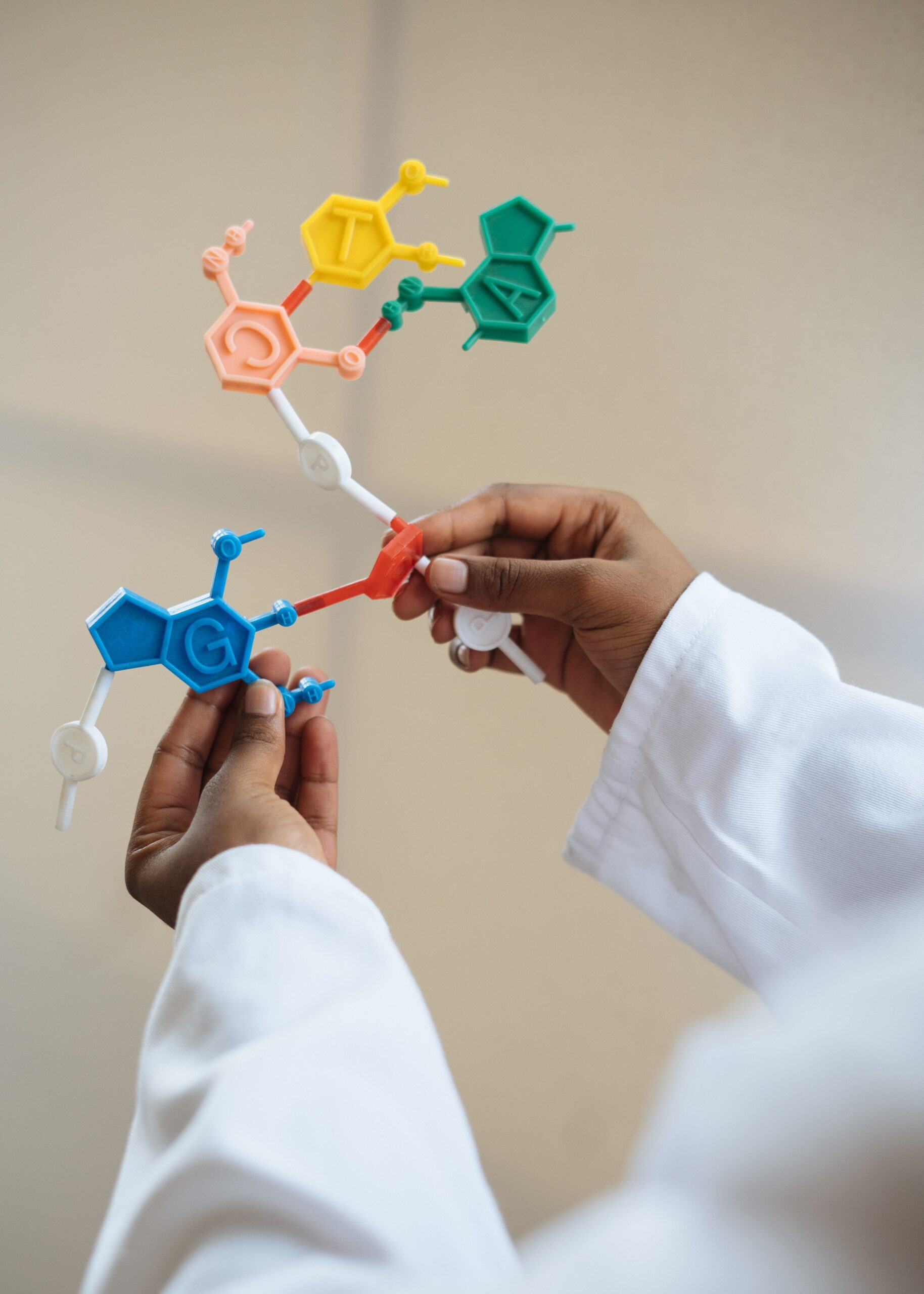Introduction: The field of chemical engineering is at the forefront of innovation, with startups revolutionizing the industry through groundbreaking technologies and sustainable solutions. In this article, we will explore some of the most promising startups that are making significant contributions to chemical engineering. While the startup landscape is dynamic and subject to change, as of September 2021, these companies are leading the way in harnessing biology, automation, and synthetic biology to create novel materials, develop sustainable chemicals, and reduce environmental impact.
- Zymergen: Merging Biology and Engineering: Zymergen stands as a trailblazer in the chemical engineering startup scene. By merging biology, automation, and machine learning, Zymergen aims to unlock the potential of genetically modified microorganisms to develop sustainable and high-performance materials. Their innovative approach has garnered attention from various industries, including electronics, agriculture, and consumer products. By harnessing the power of bioengineering, Zymergen is able to create materials with enhanced properties and reduced environmental footprint.
The company’s platform leverages automation and machine learning to rapidly engineer microorganisms and test their capabilities. This streamlined approach enables the development of unique materials and chemicals that were previously inaccessible. For example, Zymergen has successfully engineered microorganisms to produce biodegradable plastics and specialty chemicals, offering sustainable alternatives to conventional products.
Zymergen’s impact extends beyond material development. Their technology has the potential to revolutionize industries by enabling the production of high-value chemicals and materials in a more sustainable and efficient manner. With ongoing research and development efforts, Zymergen continues to push the boundaries of what is possible in the realm of chemical engineering.
- Ginkgo Bioworks: Unlocking the Potential of Synthetic Biology: Ginkgo Bioworks is another standout startup in the field of chemical engineering, harnessing the power of synthetic biology to engineer microbes for industrial applications. Synthetic biology involves the design and construction of biological parts, devices, and systems for specific purposes. Ginkgo Bioworks utilizes this technology to develop bio-based products such as specialty chemicals, flavors, and fragrances.
By leveraging their expertise in genetic engineering and automation, Ginkgo Bioworks is able to rapidly prototype and test various biological designs. Their approach enables them to create microbes that produce desired chemicals and compounds more efficiently and sustainably than traditional methods.
One of Ginkgo Bioworks’ notable achievements is their partnership with French fragrance and flavor company Robertet. Together, they developed a technology called “Biomimicry 3.0,” which uses engineered yeast to produce high-value fragrance molecules. This innovation offers a sustainable alternative to traditional extraction methods, reducing the environmental impact of the fragrance industry.
Ginkgo Bioworks’ ability to engineer microbes for specific industrial purposes has far-reaching implications. Their technologies have the potential to disrupt multiple sectors, including pharmaceuticals, agriculture, and chemicals, by providing sustainable and cost-effective solutions.
- Carbon Clean Solutions: Leading the Carbon Capture Revolution: Carbon Clean Solutions (CCS) is dedicated to combating climate change by providing cost-effective carbon capture and utilization (CCU) technologies. With a focus on reducing carbon emissions from industries such as power generation, steel, cement, and refining, CCS aims to make a significant impact on global greenhouse gas emissions.
CCS utilizes a unique solvent-based carbon capture technology that offers several advantages over traditional methods. Their process not only captures CO2 emissions efficiently but also allows for its conversion into useful products. By leveraging this captured carbon, CCS enables the production of chemicals, fuels, and building materials, creating a circular economy and reducing reliance on fossil resources.
The company’s innovative approach has gained recognition and partnerships with major industry players, positioning them at the forefront of the carbon capture revolution. Their technologies provide a pathway for industries to achieve their emission reduction targets and contribute to a more sustainable future.
- Siluria Technologies: Transforming Natural Gas into Chemicals: Siluria Technologies focuses on transforming natural gas into valuable chemicals and fuels. Their unique catalyst technology allows for the conversion of methane, the primary component of natural gas, into ethylene, a crucial building block for various chemical products.
Traditional methods of producing ethylene involve the use of crude oil-derived feedstocks. However, Siluria’s innovative process offers a more sustainable alternative. By leveraging methane, a plentiful and often underutilized resource, Siluria reduces reliance on fossil fuels and contributes to a lower carbon footprint.
The company’s catalyst technology enables efficient conversion processes, allowing for the production of ethylene at lower costs compared to conventional methods. Siluria’s approach has the potential to reshape the chemical industry by providing a more sustainable and economically viable route for ethylene production.
- Pivot Bio: Sustainable Agriculture through Microbial Solutions: Pivot Bio is dedicated to revolutionizing agriculture by developing microbial solutions that replace or reduce the use of synthetic fertilizers. Their innovative approach utilizes naturally occurring soil bacteria to provide crops with nitrogen, a vital nutrient for plant growth. By enhancing nutrient availability, Pivot Bio’s solutions enhance crop productivity while reducing the environmental impact of farming.
Traditional fertilizers are associated with several environmental concerns, including nitrogen runoff that pollutes water bodies and greenhouse gas emissions during their production. Pivot Bio’s microbial solutions offer a sustainable and precise alternative. By applying their products directly to the roots of plants, farmers can optimize nitrogen uptake, reduce fertilizer application, and mitigate environmental damage.
The potential impact of Pivot Bio’s technology is significant. With agriculture being a major contributor to greenhouse gas emissions and environmental degradation, their microbial solutions have the potential to transform farming practices worldwide, creating a more sustainable and resilient food system.
Conclusion: The chemical engineering startup scene is teeming with innovation and transformative ideas. Companies like Zymergen, Ginkgo Bioworks, Carbon Clean Solutions, Siluria Technologies, and Pivot Bio are revolutionizing the field by harnessing the power of biology, automation, and sustainable practices. These startups are reshaping industries, creating novel materials, reducing carbon emissions, and providing sustainable solutions for a better future. As the startup landscape continues to evolve, we can expect more breakthroughs and exciting advancements in the field of chemical engineering.















